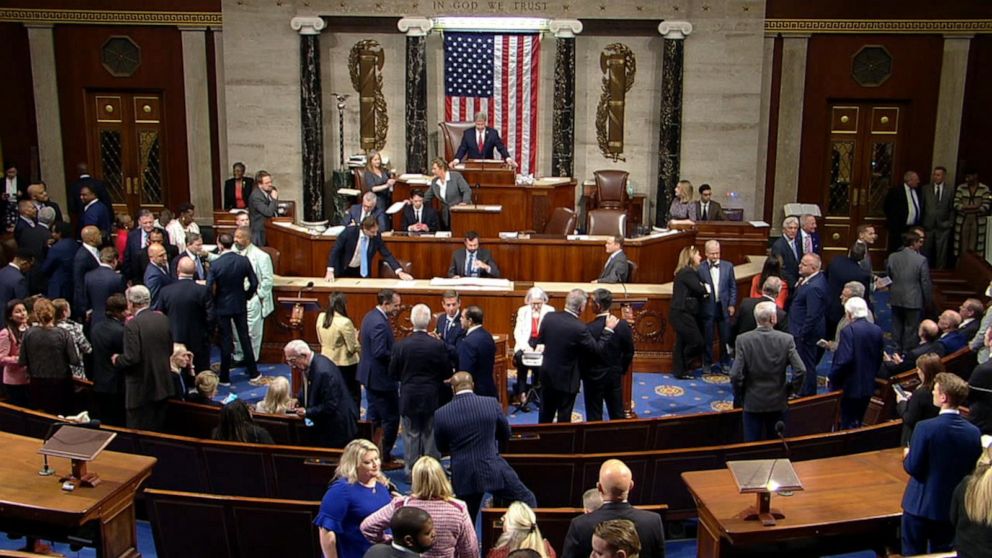The US Senate has taken a significant step by approving a bill that extends the country’s debt limit until January 1, 2025, effectively preventing a potential default just days before the deadline. The avoidance of a default is crucial, as it could have had severe repercussions for the US economy and global financial stability. This article will delve into the specifics of the bill and explore the implications of this important breakthrough.
By suspending the debt limit until 2025, the bill ensures that the US can meet its financial obligations without disruptions in the financial markets. This development is of utmost importance, given that the Treasury Department had issued warnings about the potential inability to pay all obligations in full and on time after June 5.
In addition to addressing the debt limit, the bill encompasses several provisions that have implications for various policy areas. These include the establishment of caps on non-defense spending and the implementation of stricter work requirements for some recipients of food stamps. Furthermore, the bill reallocates a portion of Covid-19 relief funds and rescinds around $28 billion in unobligated funds from previous relief packages.
The legislation also tackles other pressing issues. It allocates $5 billion for expediting the development and distribution of Covid-19 vaccines and treatments, with a specific focus on providing support for the uninsured. Work requirements in the Temporary Assistance for Needy Families program are tightened, while the introduction of work requirements for Medicaid is excluded from the bill.
In the realm of education, the bill provides relief for borrowers who are set to resume repayment of their student loans at the end of the summer. This aligns with the Biden administration’s plan to conclude the pause on student loan payments that was implemented during the pandemic.
Moreover, the bill incorporates measures aimed at improving coordination and predictability in federal agency decision-making processes under the National Environmental Policy Act. These measures seek to streamline environmental reviews by assigning a lead agency and setting deadlines for completing the reviews.
In conclusion, the successful passage of the bill to extend the nation’s debt limit until 2025 ensures stability and prevents a potential default, which could have had far-reaching consequences. The legislation goes beyond the debt limit issue, addressing various matters related to Covid-19 relief, work requirements, student loans, and environmental policy. While enjoying bipartisan support, the bill’s broader implications for fiscal policy and the economy will undoubtedly continue to be debated. As President Biden prepares to sign the bill into law, it represents a significant accomplishment in averting a fiscal crisis and maintaining the stability of the US economy.
©world-news.biz
